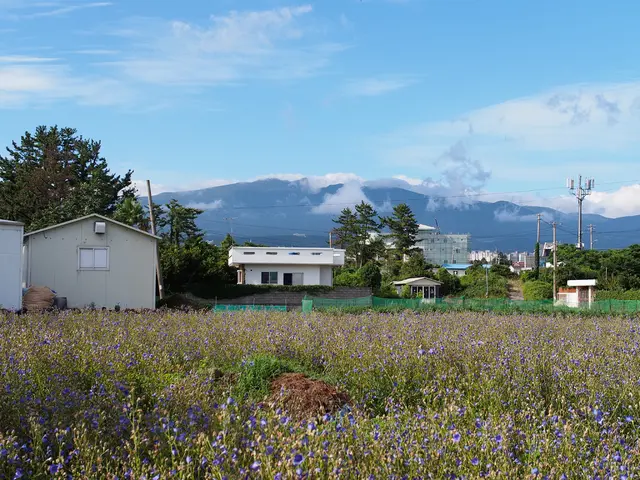Over 2,700 Cuban medical professionals are heading to Mexico, potentially filling positions that could have been held by local Mexican professionals.
Mexico has entered into a new agreement with Cuba, aiming to increase the number of Cuban doctors in its public health system. The total number of Cuban doctors in Mexico, after this agreement, will be 3,650, including the 950 who are already working in 23 states.
This expansion is primarily motivated by bilateral agreements aimed at expanding healthcare access, especially in underserved and rural areas. The Cuban doctors are historically deployed in remote or underserved communities to improve healthcare coverage where local resources are insufficient. This move is part of Cuba’s longstanding medical internationalism, a policy of solidarity and economic strategy.
The presence of Cuban doctors in Mexico is viewed positively by Mexican authorities. Mexican President Claudia Sheinbaum explicitly acknowledged a contract for Cuban doctors to assist the Mexican population, indicating official endorsement. The agreement aims to alleviate the lack of specialists in remote regions and improve the quality of medical service in these areas.
However, the Cuban medical export program has been a subject of controversy. The U.S. government and some international actors have criticized it as involving "forced labor" under exploitative conditions, leading to visa revocations and diplomatic tensions. The U.S. has increased pressure on Cuba, accusing these medical brigades of labor violations while Cuba and its allies emphasize the humanitarian and solidarity nature of these missions.
Despite the controversy, the impact of Cuban doctors in rural areas of Mexico has been positive. They have expanded access to medical care in areas where local healthcare providers are scarce or overwhelmed, thereby improving health outcomes and service availability for rural populations. These doctors often work in primary care, maternal health, and basic public health, helping to fill critical gaps.
Official reports and statements suggest the Cuban medical presence in rural Mexico contributes positively to addressing health inequities, although specific data on health outcome improvements in Mexico due to Cuban doctors is not detailed in the available sources.
The hospitals are intended to have a staff of 12 doctors, covering specialties such as internal medicine, pediatrics, and emergency medicine. The incorporation of Cuban doctors is a subject of controversy, as some believe there are enough doctors in Mexico and that the Cubans are not doctors but indoctrinators of Marxist and communist ideas. However, the main objective of the agreement is to strengthen medical personnel in community hospitals, comprehensive hospitals, and other health facilities, especially in rural and highly marginalized areas.
Mexico has paid $6.2 million USD for the services of Cuban medical professionals. The duration of Cuban doctors' stay in Mexico may extend if coronavirus cases continue to rise. The Mexican Social Security Institute (IMSS) director, Zoé Robledo, made the report about the agreement. The president of Mexico, Andrés Manuel López Obrador, announced the agreement. The agreement is intended to strengthen medical personnel and improve the quality of medical service in rural and marginalized areas of Mexico.







